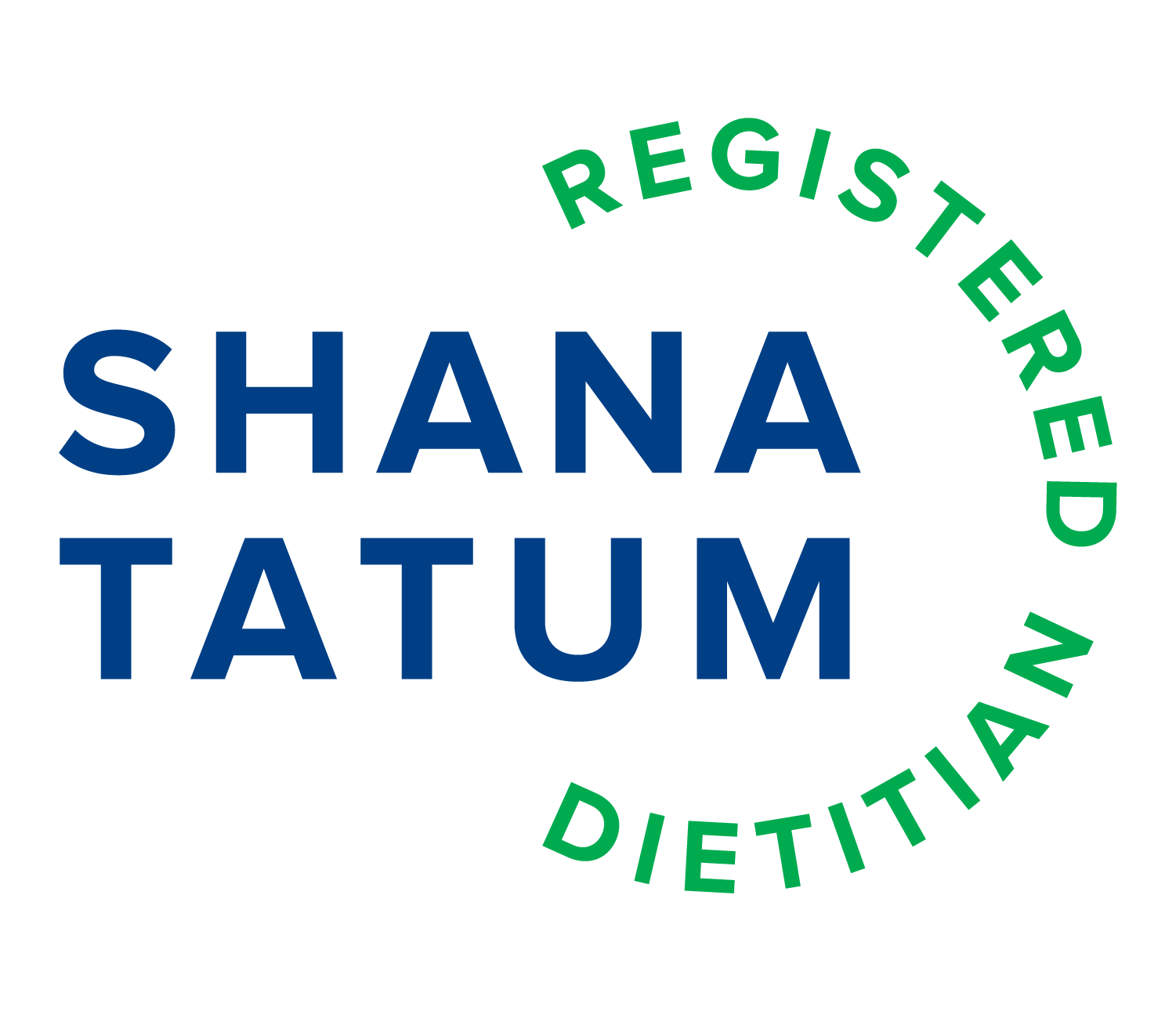Know Your Cooking Oils
It may be confusing to know which cooking oils have the most health benefits. We hear we should not use hydrogenated oils, that industrial seed oils are inflammatory and that saturated fats will cause heart disease.
So what is the answer? Well, as with many things in nutrition, it varies.
Fats that are solid at room temperature we refer to as fats, and those that are liquid at room temperature we label as oils. It is helpful to understand the types of fatty acids used in cooking oils.
Saturated fatty acids (SFA) come from all animal fats, processed and fast foods as well as some vegetable oils like coconut and palm kernel oil. These fats are more stable than unsaturated fats and less likely to oxidize regardless of temperature. Monounsaturated fatty acids (MUFA) are usually found in olive, peanut and avocado oils. These oils are essentially more stable than polyunsaturated fatty acids (PUFA). PUFA fats are liquid at room temperature and found in safflower, corn and soybean oils. Most oils are a blend of SFA, MUFA and/or PUFA.
A few things to be aware of when choosing cooking oils are the smoke points, storage of oils and how you use them.
Smoke Point
Some oils have a higher smoke point than others. The temperature at which an oil will burn and produce smoke is the smoke point. The more free fatty acids an oil has, the faster it will burn. Once burning, it changes chemical structure and produces free radicals. This smoke point can vary depending on quality and source or refinement. Some oils that have very high smoke points tend to be highly processed. These processing methods may have effects on health that are not beneficial and have a pro-inflammatory result. Examples include canola oil, corn oil, cottonseed oil, grapeseed oil, soybean oil and vegetable shortening.
Storage of Oil
Because light, heat and oxygen are forces that are not in your flavor favor, consider these tips for better storage. Oil in dark-colored glass is the preferred method of storage. Light can degrade oils rapidly, so avoid clear or light-colored glass. Due to traces of the chemical BPA in plastics, choosing a glass bottle is ideal. Be sure to keep the lid sealed tight. Air exposure causes oxidation of oils leading to a poor taste. Keep oils away from heat. If storing your oil by the stove or dishwasher is commonplace, consider moving to a dark pantry or cupboard.
Use of Oil
Coconut and peanut oils are suited for high-heat cooking, as are butter, ghee and lard, while macadamia nut, olive and rice bran oils are better for lower-heat cooking. Macadamia nut and olive oils also work well as dressings or finishing oils, as do sesame and walnut oils.
Avocado oil, which has the highest smoke point at 520 degrees, can be used for high- and low-heat cooking as well as dressings.
There is no debate that oils and fats are needed in the diet. They play a role in gene expression, impact cell membrane rigidity or fluidity and affect the regulation of ions in and out of the cell. Knowing and choosing the best fats and oils can at times feel like quite a challenge. With understanding of the types of fatty acids and their smoke points, storage and best ways to use your favorite oil you can maximize your taste and nutrition.

